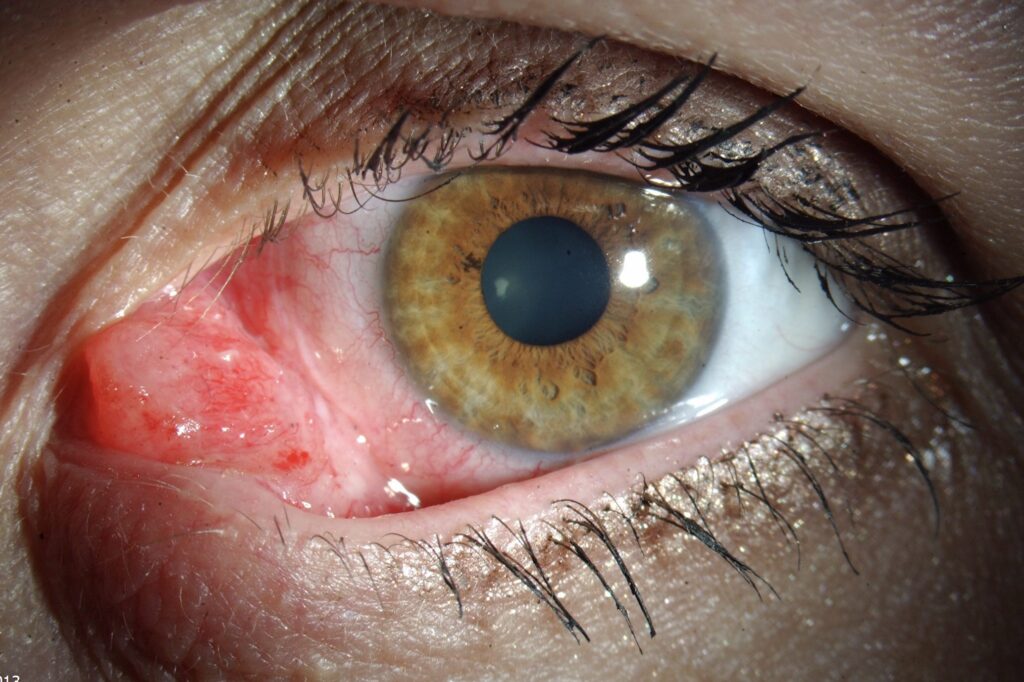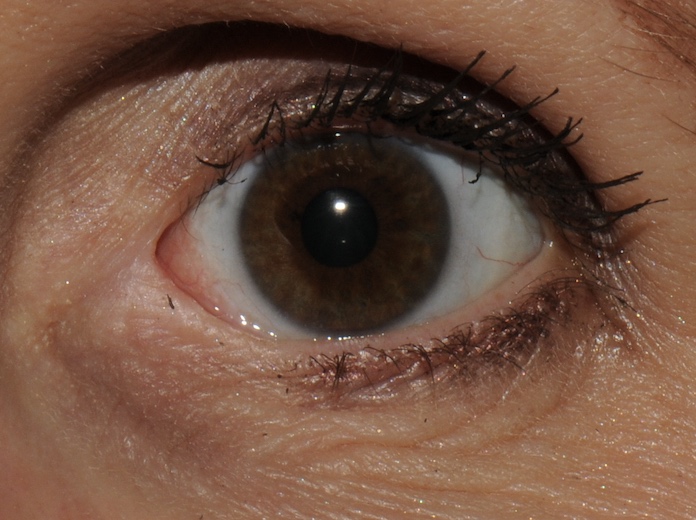Bergmann MJ, de Keizer ROB, Paridaens D. Globe-sparing surgical treatment for periocular malignancies with anterior orbital invasion: a consecutive case series. Orbit. 2023 Jan 8:1-9. doi: 10.1080/01676830.2022.2141803. Epub ahead of print. PMID: 36617852.

Recently, we published our results on eye-sparing techniques to treat (non-basal cell carcinoma) eyelid malignancies that had invaded the orbit. Orbital exenteration of periocular tumors complicated by orbital invasion is a heavy burden for patients and leads to disfiguring cosmesis and loss of vision.

Methods: In a consecutive case series, we examined medical records of all patients between 2000 and 2018 with periocular malignancies (other than BCC) invading the anterior orbit (without extraocular muscle or scleral invasion) treated by one orbital surgeon (Dion Paridaens). The main outcome measures included local recurrence, regional and distant metastasis, survival, and visual acuity.
Results: Nine patients were identified. Of the non-BCC cancers invading the orbit, squamous cell carcinoma (SCC) (44.4%) was the most prevalent type in our series. Excision included the removal of visibly distinguishable tumor and a free clinical margin of up to 5 mm with histological confirmation of radicality of the invasive tumor component. Reconstruction was achieved by a variety of oculoplastic reconstructive procedures. At a mean follow-up of 70 months (range 11-177 months), 8 out of 9 patients were still alive. Recurrence occurred in two patients with conjunctival melanoma (CM), and they were again treated with wide excision. Postoperative visual acuity remained stable or improved.
Conclusion: Our retrospective case series demonstrates that globe-sparing excisional surgery can be considered in selected cases of periocular malignancies other than BCC with anterior orbital invasion, thus avoiding cosmetic disfigurement and loss of vision due to orbital exenteration.